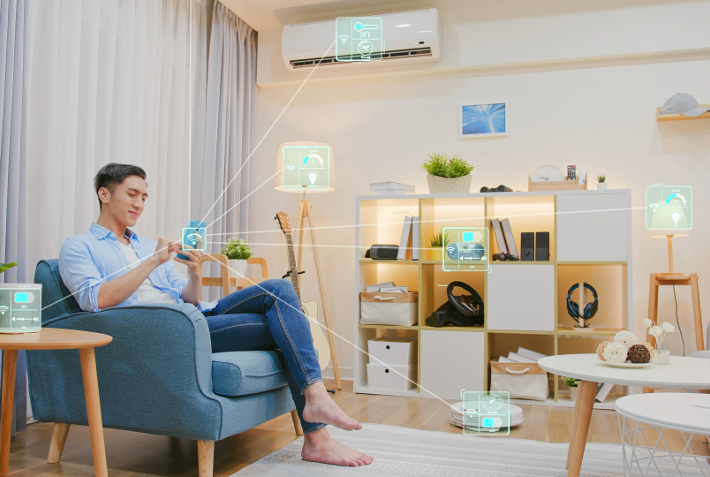
Genomics and Health: Understanding Your DNA for Better Health.
AI-powered smart assistants have become ubiquitous in our daily lives, with virtual assistants like Siri and Alexa leading the charge. However, the capabilities of smart assistants extend far beyond simple voice commands and basic tasks. In this article, we'll explore the next frontier of AI-powered smart assistants, highlighting their advanced features, personalized experiences, and potential applications across various industries.

One of the key advancements in AI-powered smart assistants is their ability to understand and respond to natural language queries in a conversational manner. Rather than relying on predefined commands or rigid syntax, these smart assistants can interpret complex sentences, understand context, and engage in meaningful dialogue with users, making interactions more intuitive and seamless.
Moreover, AI-powered smart assistants are becoming increasingly proactive and anticipatory, leveraging data analytics and predictive modeling to anticipate users' needs and provide timely recommendations and assistance. For example, a smart assistant may proactively suggest personalized content, products, or services based on users' past behavior, preferences, and situational context, enhancing the overall user experience and driving engagement.
In addition to their consumer-facing applications, foldable phones also have potential implications for various industries and sectors, including education, healthcare, and enterprise. For example, in education, foldable devices could revolutionize the way students learn and engage with digital content, offering interactive textbooks, immersive educational experiences, and collaborative learning environments.
In finance, smart assistants can provide personalized financial advice, budgeting tools, and investment recommendations, helping users make informed decisions and achieve their financial goals. In customer service, smart assistants can automate routine inquiries, streamline support processes, and enhance the overall customer experience, reducing wait times and improving satisfaction levels.
Furthermore, AI-powered smart assistants are being integrated into smart homes, vehicles, and wearable devices, expanding their reach and functionality beyond smartphones and smart speakers. These ambient computing environments enable seamless and intuitive interactions with smart devices, appliances, and services, creating a connected ecosystem that enhances convenience, efficiency, and productivity in everyday life.
Despite their potential benefits and advancements, AI-powered smart assistants also raise important considerations regarding privacy, security, and ethical use of data. As these assistants collect and analyze vast amounts of user data to personalize experiences and deliver tailored recommendations, it's crucial to ensure robust data protection measures, transparency in data usage, and user consent mechanisms to safeguard user privacy and trust.
In conclusion, AI-powered smart assistants are evolving rapidly, offering more advanced features, personalized experiences, and applications across various industries and sectors. With their ability to understand natural language, anticipate user needs, and provide proactive assistance, smart assistants are poised to become indispensable companions in our increasingly digital and connected world.